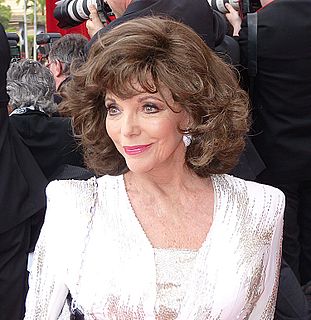A Quote by Prince Charles
The whole of the 20th century has always put the car at the center. So by putting the pedestrian first, you create these livable places, I think, with more attraction and interest and character.
Related Quotes
Las Vegas suggests that the thirst for places, for cities and gardens and wilderness, is unslaked, that people will still seek out the experience of wandering about in the open air to examine the architecture, the spectacles, and the stuff for sale, will still hanker after surprises and strangers. That the city as a whole is one of the most pedestrian-unfriendly places in the world suggests something of the problems to be faced, but that its attraction is a pedestrian oasis suggests the possibility of recovering the spaces in which walking is viable.
Taking photographs is generally an act of 'looking at the object, whereas 'being seen' or 'showing' is what is most interest to one who does a self-portrait...self-portraits deny not only photography itself but the 20th century as an era as well...an inevitable phenomenon at the end of the 20th century.
We thought [with Alix MacKenzie], if those are the kinds of pots from every culture that interest us, why would we think that it should be any different in mid-North America 20th century? And we decided then that our work would center around that sort of utilitarian pottery, and that's what I've done ever since.
I was really interested in 20th century communalism and alternative communities, the boom of communes in the 60s and 70s. That led me back to the 19th century. I was shocked to find what I would describe as far more utopian ideas in the 19th century than in the 20th century. Not only were the ideas so extreme, but surprising people were adopting them.
D-Day represents the greatest achievement of the american people and system in the 20th century. It was the pivot point of the 20th century. It was the day on which the decision was made as to who was going to rule in this world in the second half of the 20th century. Is it going to be Nazism, is it going to be communism, or are the democracies going to prevail?
The different American experience of the 20th Century is crucial because the lesson of the century for Europe, which essentially is that the human condition is tragic, led it to have a build a welfare system and a set of laws and social arrangements that are more prophylactic than idealistic. It's not about building perfect futures; it's about preventing terrible pasts. I think that is something that Europeans in the second half of the 20th century knew in their bones and Americans never did, and it's one of the big differences between the two Western cultures.







































